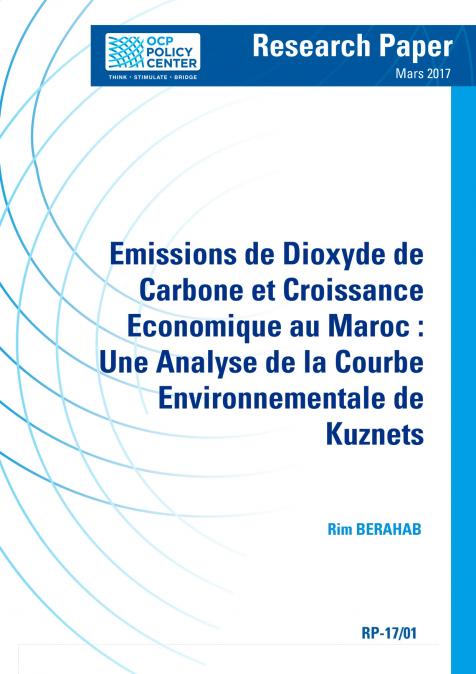Expert:
Podcasts
Climate Leadership in a Volatile World: Youth, Innovation, and the Future of Energy
04
February
2026
This episode examines youth-led climate leadership in a context of economic, political, and energy volatility. The discussion highlights how young leaders across Africa are driving climate and energy solutions through capacity building, policy engagement, and grassroots innovation, particularly in areas such as sustainable cooling and clean cooking. It underscores the need for locally grounded transition models, inclusive governance frameworks, and greater recognition of youth as co-creators of Africa’s energy future rather than mere beneficiaries.





